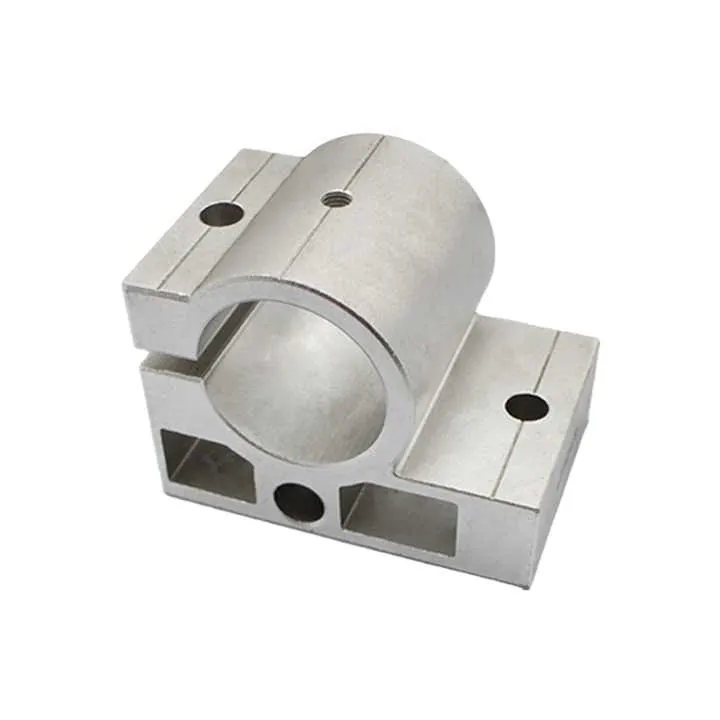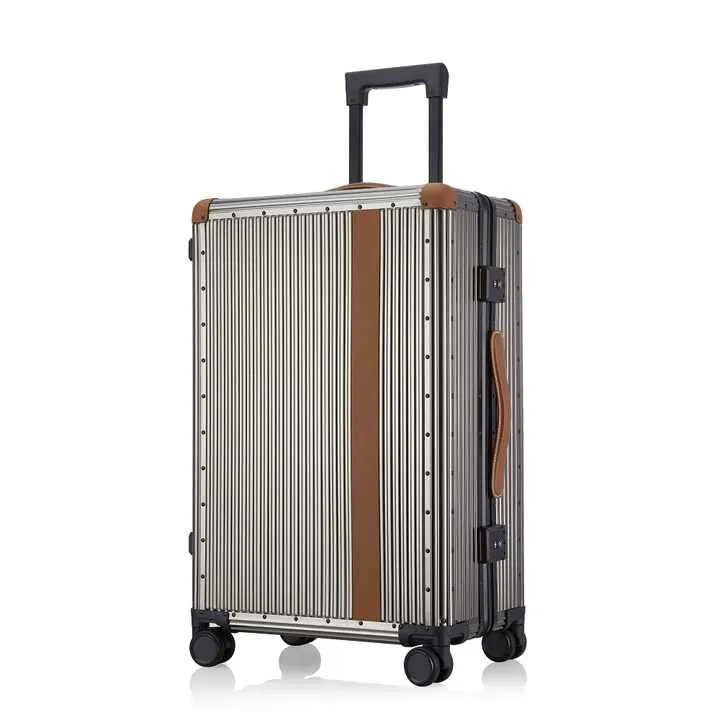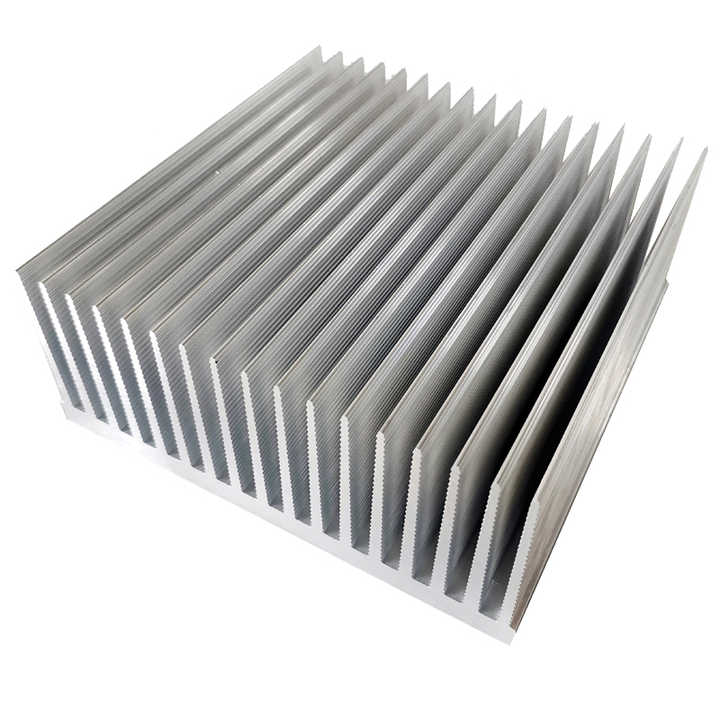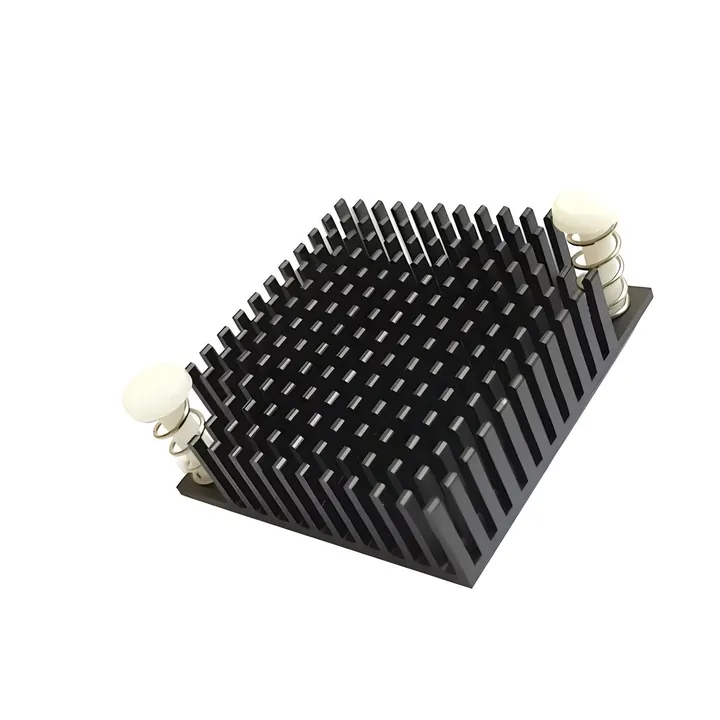CNC Machining Eswatini: Manufacturers & Industry Guide
Part 1: Market Size and Growth
When I first explored Eswatini’s industrial sector, I noticed that manufacturing here is more established than in some nearby nations, yet it remains modest in size. The country’s economy still depends heavily on sugar, textiles, and food processing, but small and medium industrial firms are growing steadily. Eswatini’s government has been encouraging industrial diversification, and that’s where CNC machining fits in.
The CNC machining market in Eswatini is still young, driven mainly by maintenance, repair, and local production needs. Industrial parks near Matsapha and Mbabane house small workshops that handle mechanical repairs, agricultural tools, and fabrication work. As industries look for more precision and faster turnaround, local demand for CNC machining continues to expand, though much equipment and tooling are still imported.
Policies on trade and industrial upgrading will have a big impact on this growth. The government’s focus on industrial clusters and infrastructure improvement could give CNC machining a bigger role. If power stability improves and training programs continue, Eswatini could become a small but efficient hub for precision manufacturing serving local and regional markets.
Part 2: Leading Companies
Eswatini does not yet have a large CNC machining industry, but several engineering firms and metalworking companies have already adopted digital machining tools. These companies represent the foundation of the country’s precision manufacturing capability.
IFA Engineering (Pty) Ltd
Contact Now
IFA Engineering is a long-established engineering and fabrication firm based in Eswatini’s lowveld industrial area. It started by serving the sugar and agro-industrial sectors and later expanded into equipment manufacturing, repair, and component production. The company uses both manual and CNC machines for parts fabrication and refurbishment.
Its main customers come from agriculture, mining, and construction, where quick part replacement and repair are essential. IFA’s key advantage is its deep local experience and its ability to work directly with plant engineers on-site. While not certified under ISO standards, it is known for consistent quality and reliability. Its innovation lies in integrating local materials and hybrid production techniques for cost efficiency.
EXIPRO Swaziland (Eswatini) (PTY) LTD
Contact Now
EXIPRO is one of the few Eswatini-based companies that openly uses CNC and rotary transfer machines. It manufactures brass valves, pipe fittings, and plumbing components, combining machining, polishing, and plating in one facility. This integrated approach helps them supply both local and export clients.
They serve industrial plumbing, construction, and manufacturing sectors. Their technology focus is precision turning, high-volume small parts, and surface finishing. The company’s innovation lies in blending automation and craftsmanship, ensuring that every fitting meets dimensional and visual standards. Though certification details are not public, their export operations imply a strong internal quality process.
New Dawn Engineering
Contact Now
New Dawn Engineering, located in Matsapha, is a mechanical and industrial design firm known for its labor-intensive but technically sophisticated manufacturing approach. It produces custom machinery, tooling, and workshop equipment for small and medium enterprises. Many of its machines combine manual and semi-automated elements, sometimes requiring precision-machined components.
Their main markets include agriculture, construction, and local manufacturing, providing both standard tools and custom designs. Their innovation is in adapting designs to Eswatini’s industrial realities-affordable, repairable, and robust. Though not heavily industrialized, their workshop culture has introduced many engineers to local fabrication and machining practices.
Comparative Summary Table
| Company | Founded / Timeframe | Core Services / Products | Target Industries | Certification / Differentiators |
|---|---|---|---|---|
| IFA Engineering (Pty) Ltd | ~2000s | Equipment fabrication, repair, machining | Agro, mining, industrial | Local leader, hybrid manual + CNC processes |
| EXIPRO Swaziland (PTY) LTD | Established exporter | CNC brass valves, fittings, components | Plumbing, manufacturing, export | Integrated finishing and assembly |
| New Dawn Engineering | 1990s-2000s | Custom machines, tooling, metal fabrication | Agriculture, small industries | Modular design, adaptable equipment solutions |
Part 3: Trade Shows and Industry Events
Eswatini itself hosts few large industrial exhibitions, but nearby regional trade shows are crucial for local firms to network, learn, and find new technologies.
East Africa Manufacturing & Industrial Expo (EAMIE)
This annual expo brings together machinery suppliers, CNC tool manufacturers, and industrial buyers from across East Africa. It usually rotates between Nairobi and Addis Ababa, featuring live machine demos, automation showcases, and supplier meetings. Eswatini-based entrepreneurs often attend to explore suppliers and observe new technology trends.
The event’s highlights include training sessions, networking forums, and case study presentations on industrial transformation. For small Eswatini firms, this event provides access to technical knowledge and affordable equipment sourcing options.
SADC Industrialization & Manufacturing Exhibition
This is a regional industrial fair within the Southern African Development Community (SADC) framework. It is hosted periodically in member states like South Africa, Zambia, or Zimbabwe, and focuses on regional integration, trade, and industrial development.
The exhibition often features machine tools, factory automation systems, and trade missions. For Eswatini, attending this fair means visibility among investors and suppliers, as well as potential cross-border collaboration with neighboring manufacturers.
Events Summary
| Event | Frequency / Date | Location Range / Hosts | Highlights |
|---|---|---|---|
| East Africa Manufacturing & Industrial Expo | Annual | Nairobi / Addis Ababa | CNC machinery demos, automation insights |
| SADC Industrialization & Manufacturing Exhibition | Biennial / rotating | SADC member states | Regional networking, technology showcase |
Part 4: Impact of Global Trade Policies
Because Eswatini is part of several regional trade agreements, global policies directly affect its CNC machining industry. Machine tools, controllers, and materials are imported mainly from South Africa, China, and Europe. Any trade disruption, tariffs, or currency volatility can increase costs for local operators.
However, the Southern African Customs Union (SACU) and the African Continental Free Trade Area (AfCFTA) offer benefits like tariff reductions and easier market access. This makes it simpler for Eswatini firms to import materials and export finished products. For small CNC workshops, such policies can significantly reduce input costs and improve competitiveness.
Still, competition from low-cost producers remains tough. Imports from Asia often undercut local production costs. So Eswatini firms focus on customization, repair services, and local support, which imported parts cannot easily match. Training programs in technical colleges and cross-border partnerships could help bridge the skills gap and strengthen resilience against global disruptions.
Part 5: Conclusion
I see a growing potential for CNC machining in Eswatini’s manufacturing sector. Local companies that can combine traditional craftsmanship with digital technology will find new opportunities, especially in agriculture, repair, and small-batch manufacturing. The proximity to South Africa gives Eswatini access to both technology and markets, making it a strategic small-scale hub.
But there are still obstacles: limited local demand, dependence on imports, competition, and skill shortages. Overcoming these challenges will require targeted investments in training, stable infrastructure, and industrial policy support. If that happens, Eswatini’s CNC machining sector could evolve from a niche service industry into a recognized regional player in Southern Africa.
Recommended Reading:
- CNC Machining Rwanda: Manufacturers & Industry Guide
- CNC Machining Slovenia: Manufacturers & Industry Guide
- CNC Machining Central African Republic: Manufacturers & Industry Guide
- CNC Machining Trinidad and Tobago: Manufacturers & Industry Guide
- CNC Machining Solomon Islands: Manufacturers & Industry Guide
- CNC Machining Eritrea: Manufacturers & Industry Guide
- CNC Machining Guinea: Manufacturers & Industry Guide
- CNC Machining Liechtenstein: Manufacturers & Industry Guide
How to Anodize Aluminum?
Anodized Aluminum Heat Sink
Special Aluminium Extrusions
Thin Wall Extruded Aluminum Tubing










